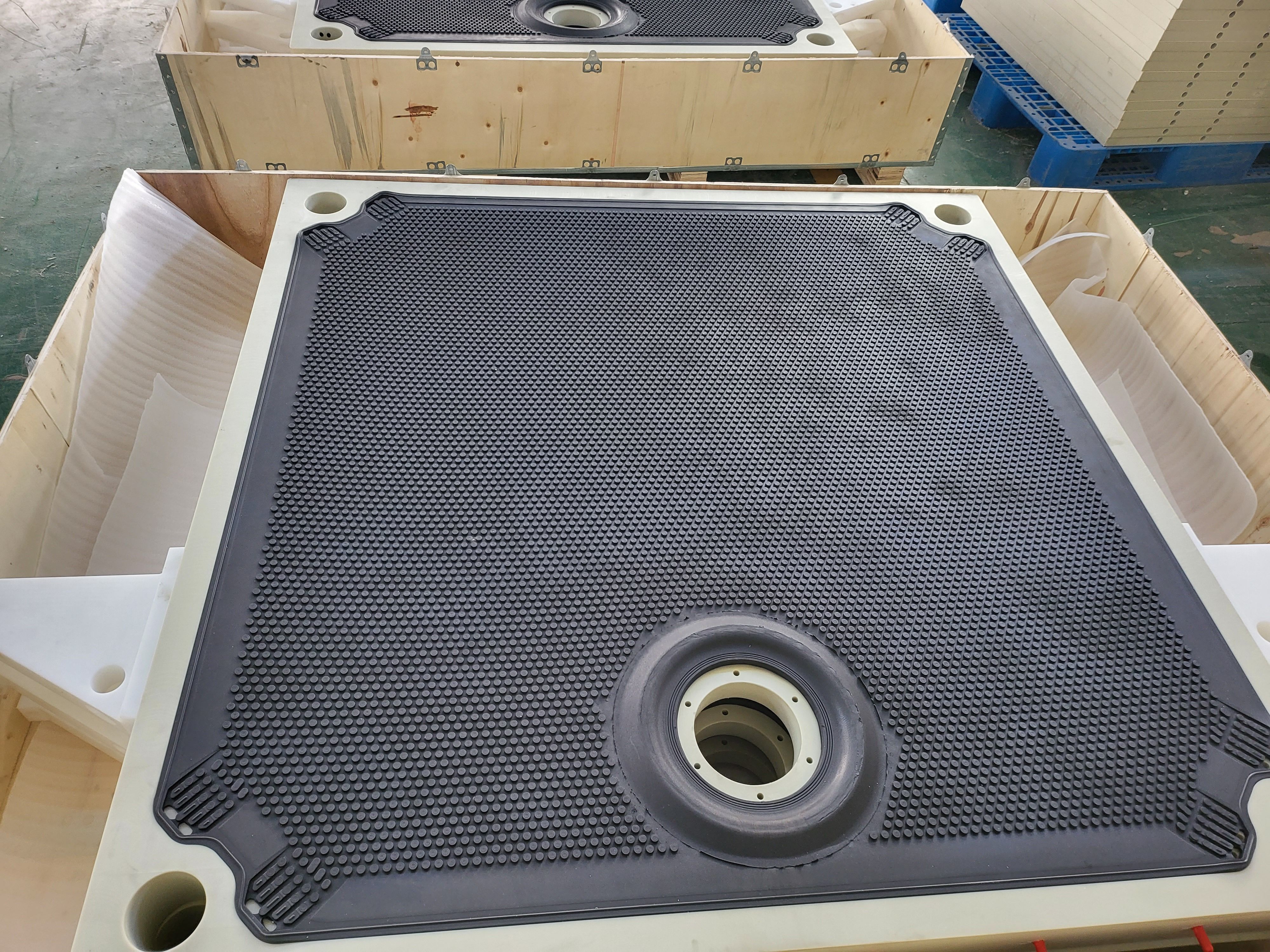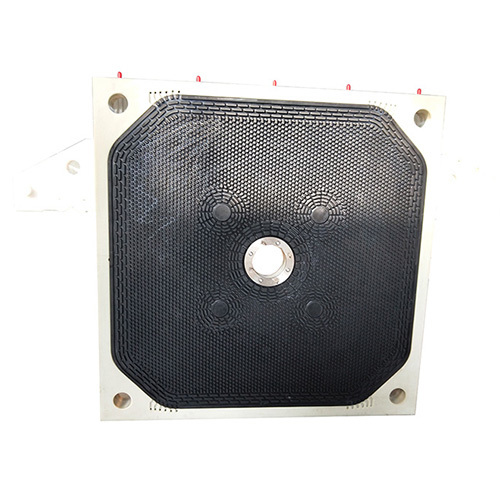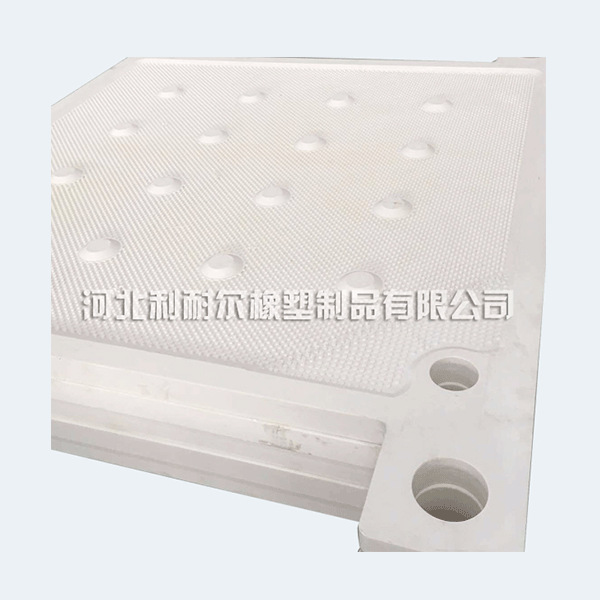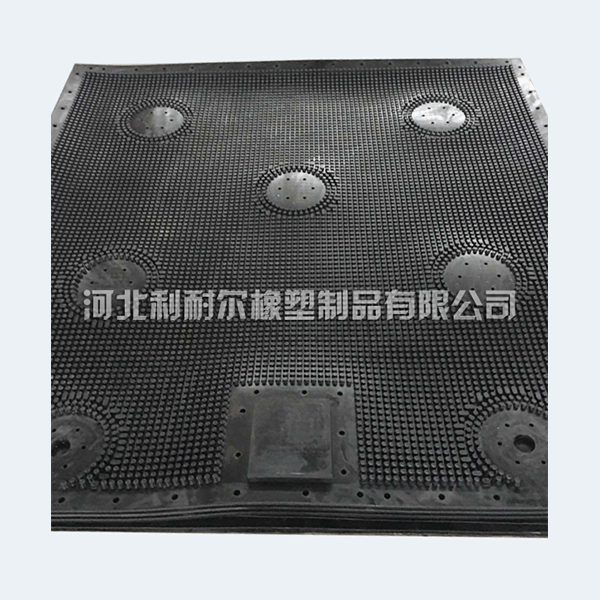Understanding the Role and Benefits of 800 Filter Plates in Chemical Processing
Release time:
2025-04-12
In the realm of chemical processing, particularly within the plastics and other related sectors, the 800 filter plate serves as a vital component for effective filtration solutions. Understanding its design, functionality, and applications is crucial for professionals in the industry seeking to enhance their operations. The 800 filter plate is engineered to meet the specific demands of various fil
In the realm of chemical processing, particularly within the plastics and other related sectors, the 800 filter plate serves as a vital component for effective filtration solutions. Understanding its design, functionality, and applications is crucial for professionals in the industry seeking to enhance their operations.
The 800 filter plate is engineered to meet the specific demands of various filtration processes. Typically constructed from durable materials, these plates are designed to withstand the rigorous conditions often present in chemical processing environments. The size designation "800" generally refers to the dimensions of the filter plate, which impacts its filtration capacity and efficiency. The design ensures that it can accommodate a significant volume of materials while maintaining optimal flow rates.
One of the key advantages of utilizing 800 filter plates is their ability to facilitate superior separation of solid and liquid phases. This is particularly important in the production of plastics and other chemical products, where purity and consistency are paramount. The filter plates work by physically capturing particulates, thus preventing contamination and ensuring that the final product adheres to stringent quality standards.
Another critical aspect of the 800 filter plate is its compatibility with different filtration systems. Whether employed in batch processing or continuous operations, these plates can be integrated into a variety of setups. This versatility allows manufacturers to customize their filtration processes to meet specific operational needs, thereby improving overall efficiency.
Maintenance is also an essential consideration when working with 800 filter plates. Regular cleaning and monitoring are necessary to prevent clogging and ensure continuous performance. By implementing a proactive maintenance schedule, companies can extend the lifespan of their filter plates and reduce downtime, which is crucial in fast-paced production environments.
Moreover, the use of 800 filter plates can contribute to environmental sustainability efforts. By improving filtration efficiency, companies can minimize waste and enhance the recovery of valuable materials. This not only reduces operational costs but also aligns with increasing regulatory requirements for environmental stewardship in the chemical industry.
In conclusion, the 800 filter plate is an indispensable asset in the chemical and plastics sectors. Its robust design, efficiency in separating solids from liquids, and compatibility with various systems make it an ideal choice for enhancing filtration processes. Understanding the technical specifications and maintenance needs of these filter plates can lead to improved product quality and operational efficiency, ultimately benefiting your business in a competitive marketplace.
The 800 filter plate is engineered to meet the specific demands of various filtration processes. Typically constructed from durable materials, these plates are designed to withstand the rigorous conditions often present in chemical processing environments. The size designation "800" generally refers to the dimensions of the filter plate, which impacts its filtration capacity and efficiency. The design ensures that it can accommodate a significant volume of materials while maintaining optimal flow rates.
One of the key advantages of utilizing 800 filter plates is their ability to facilitate superior separation of solid and liquid phases. This is particularly important in the production of plastics and other chemical products, where purity and consistency are paramount. The filter plates work by physically capturing particulates, thus preventing contamination and ensuring that the final product adheres to stringent quality standards.
Another critical aspect of the 800 filter plate is its compatibility with different filtration systems. Whether employed in batch processing or continuous operations, these plates can be integrated into a variety of setups. This versatility allows manufacturers to customize their filtration processes to meet specific operational needs, thereby improving overall efficiency.
Maintenance is also an essential consideration when working with 800 filter plates. Regular cleaning and monitoring are necessary to prevent clogging and ensure continuous performance. By implementing a proactive maintenance schedule, companies can extend the lifespan of their filter plates and reduce downtime, which is crucial in fast-paced production environments.
Moreover, the use of 800 filter plates can contribute to environmental sustainability efforts. By improving filtration efficiency, companies can minimize waste and enhance the recovery of valuable materials. This not only reduces operational costs but also aligns with increasing regulatory requirements for environmental stewardship in the chemical industry.
In conclusion, the 800 filter plate is an indispensable asset in the chemical and plastics sectors. Its robust design, efficiency in separating solids from liquids, and compatibility with various systems make it an ideal choice for enhancing filtration processes. Understanding the technical specifications and maintenance needs of these filter plates can lead to improved product quality and operational efficiency, ultimately benefiting your business in a competitive marketplace.
Related News




























